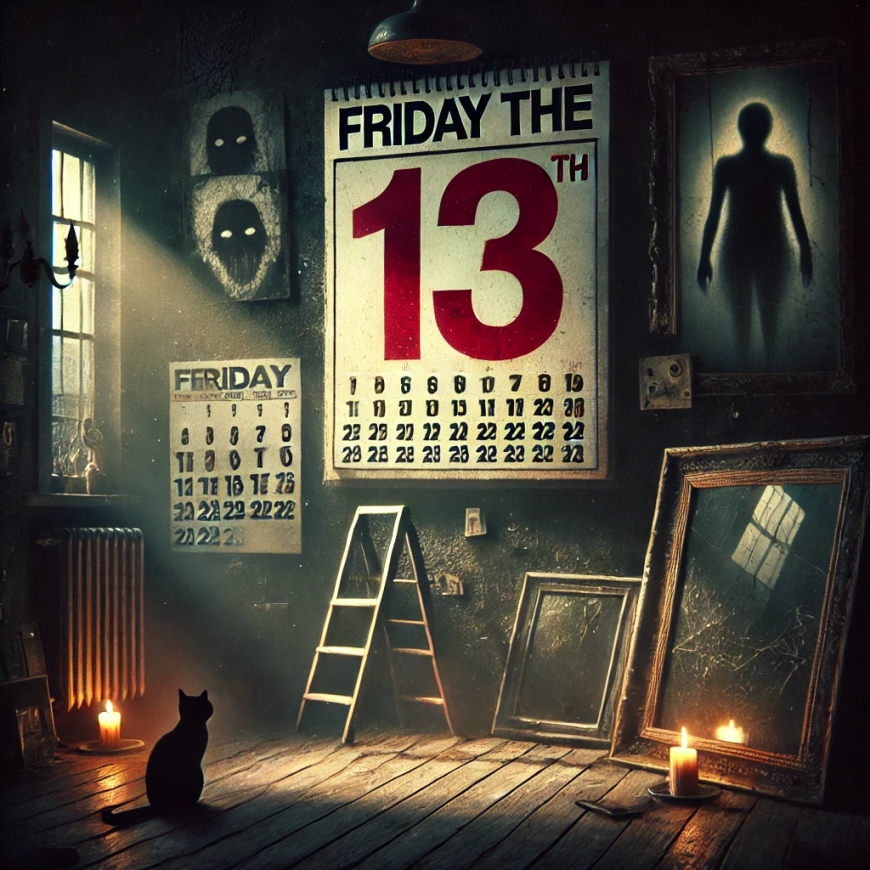friday the 13th superstitions
Explore the eerie history of Friday the 13th, uncovering superstitions linked to the number 13 and Friday, from ancient myths to modern beliefs.

Friday the 13th is a day surrounded by superstition, often regarded as unlucky. The fear of the number 13, known as **triskaidekaphobia**, is one of the roots of this belief. In Christian tradition, Judas Iscariot, the betrayer of Jesus, was the 13th guest at the Last Supper, contributing to the idea that 13 is an ominous number. A similar story exists in Norse mythology, where Loki, the god of mischief, was the 13th guest at a banquet, causing chaos and tragedy.
Fridays also have a long-standing association with misfortune. According to Christian tradition, Jesus was crucified on a Friday, and it’s said that Adam and Eve’s fall from grace and Cain’s murder of Abel also occurred on a Friday. In medieval times, Fridays were known as "hangman’s day" because it was the day for public executions.
The link between Friday the 13th as an especially unlucky day became more popular in the 20th century. A novel published in 1907 titled *Friday, the Thirteenth* explored how a stockbroker exploited the fear of the day to cause chaos on Wall Street. Over time, the date became even more infamous, amplified by events such as the arrest of the Knights Templar on Friday, October 13, 1307, and further popularized by the *Friday the 13th* horror film series.
While some take the day seriously and avoid travel, business deals, or major life events, others view it as a mere superstition with no real bearing on reality. Despite the fear, many also embrace the day as a quirky cultural tradition, challenging the superstitions associated with it.

 Edward Smith
Edward Smith 





